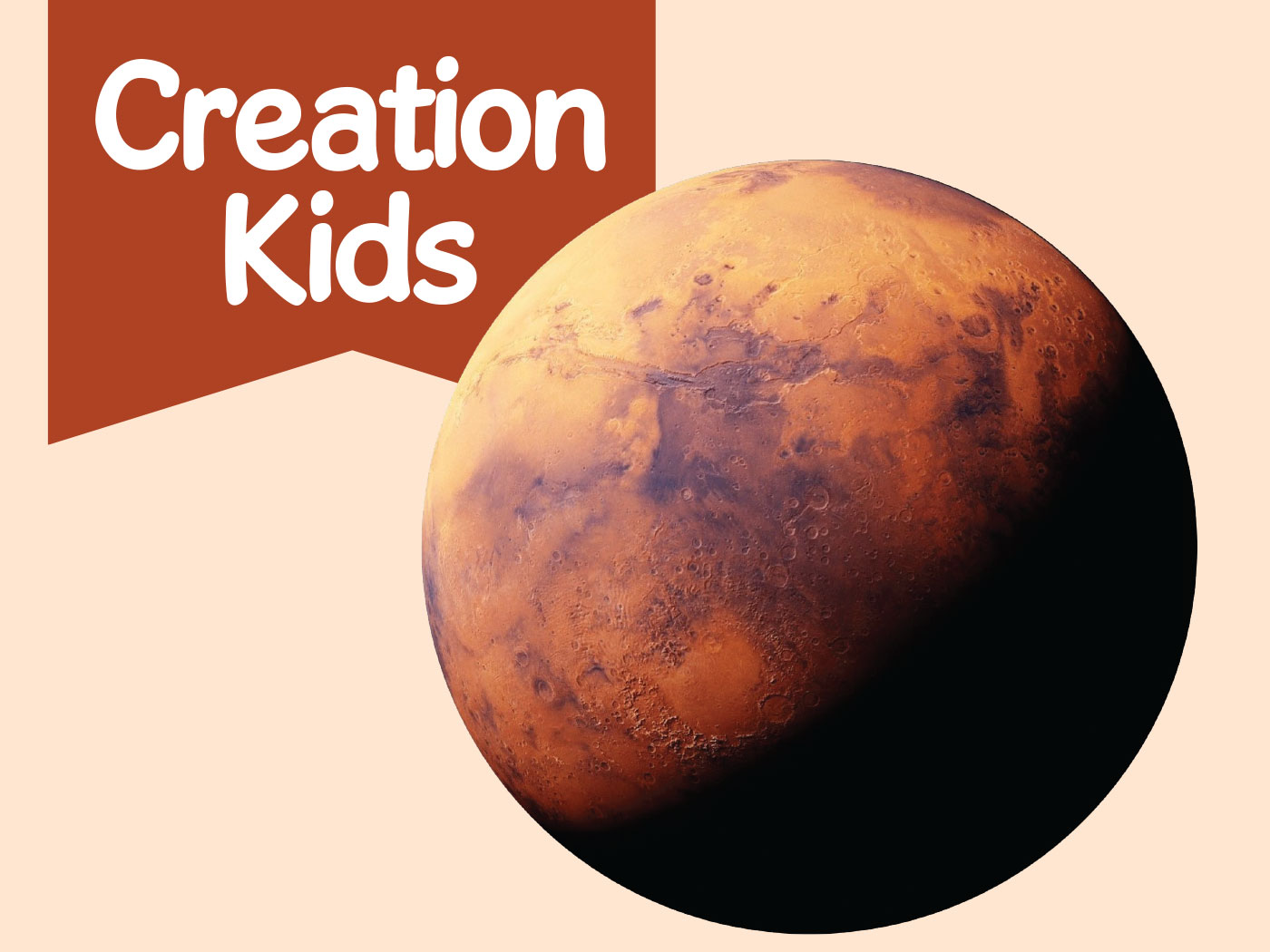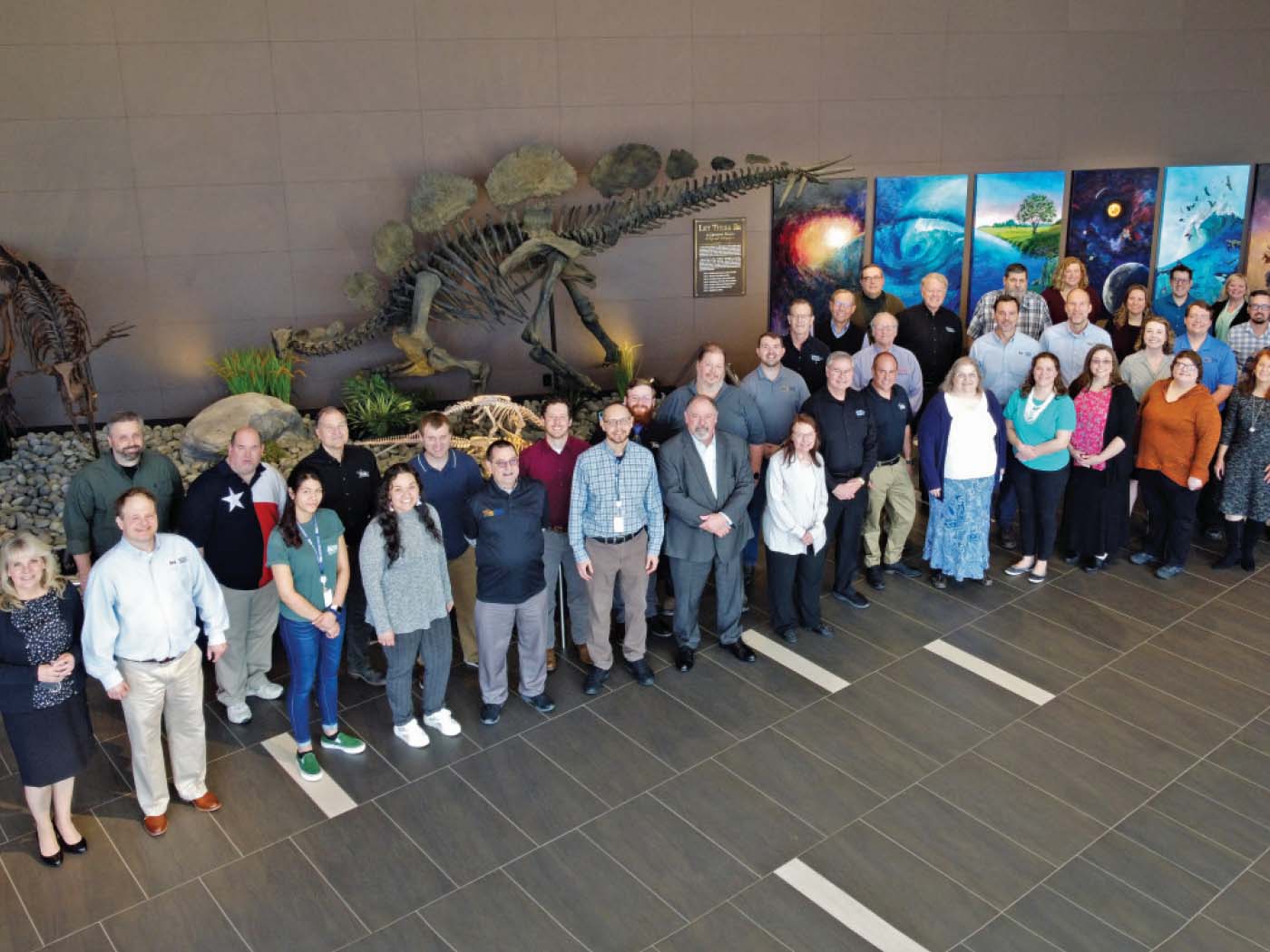These four little words in traditional wedding vows carry great significance. Unless they live in poverty, most newlyweds don’t enter marriage expecting to stay poor or become poorer. Rather, couples hopefully expect to prosper over time through hard work and perseverance.
These words also reflect a central issue in charitable giving. One of the most common struggles people have in their giving decisions is an uneasy sense of loss at what is being given away. Some feel if they give, they will become “poorer” while the recipient becomes “richer.” Instead of giving with a cheerful heart for the Lord’s work (2 Corinthians 9:7), the cost of giving is carefully weighed based on how much they feel they can afford to lose. The question “How much poorer am I willing to become?” becomes the determining factor in deciding how much (or even if) they are willing to give.
Ironically, almost none of us feel poorer when we put money aside for retirement, invest in stock, or make a house payment. On the contrary, we feel better off financially and more secure by doing so, even though our net worth has not changed. We understand that we have simply transferred a portion of our resources into a different asset that will be beneficial in the future.
Scripture teaches a similar approach but with a completely opposite focus. To begin with, you and I don’t really “own” anything. If God created the world as He claims in Genesis 1, He is the sole and rightful owner of the entire cosmos and everything in it. All things that exist—and all things we have—come from the God who “gives to all life, breath, and all things” (Acts 17:25, emphasis added). But we are God’s stewards (Genesis 1:28). God has temporarily entrusted a portion of His resources into our care to accomplish His work here on Earth. And as the great Creator-Owner, God is just, and right, to expect an accounting one day (1 Corinthians 3:10-15).
But a marvelous part of the message of Scripture is that we, as God’s stewards, are privileged to participate with God as His “fellow workers” (1 Corinthians 3:9). And as co-laborers with God, we are promised great rewards for the work we do for Him. The Lord Jesus said as much when He counseled the disciples to “lay up for yourselves treasures in heaven” (Matthew 6:20), which Paul echoed when he commanded rich believers to be “ready to give, willing to share” to store up “for themselves a good foundation for the time to come” (1 Timothy 6:18-19). Notice that these “treasures” and “good foundations” are not being deposited in heaven for God, or for the poor and needy, or even for the lost—they are for ourselves. We are not losing anything when we give to God’s work but are simply transferring available “assets” into an account that will pay everlasting dividends.
In view of these passages (and many others), feeling poorer when we give to the Lord’s work is just flat out wrong! Rather, we are blessed and far richer when we give because we have willingly transferred some of our temporary, God-given resources into our heavenly account that will be waiting for us when we finally “retire” from this life.
So what treasures are you laying up in your heavenly account? Consider giving a portion to the ministry work here at the Institute for Creation Research. Our ministry is moving into new and exciting areas that will reach far beyond our lifetimes, and your generous gifts to ICR will establish a biblical legacy that will impact many “generation[s] to come,” even the “children who would be born” (Psalm 78:6)!
* Mr. Morris is Director of Donor Relations at the Institute for Creation Research.












